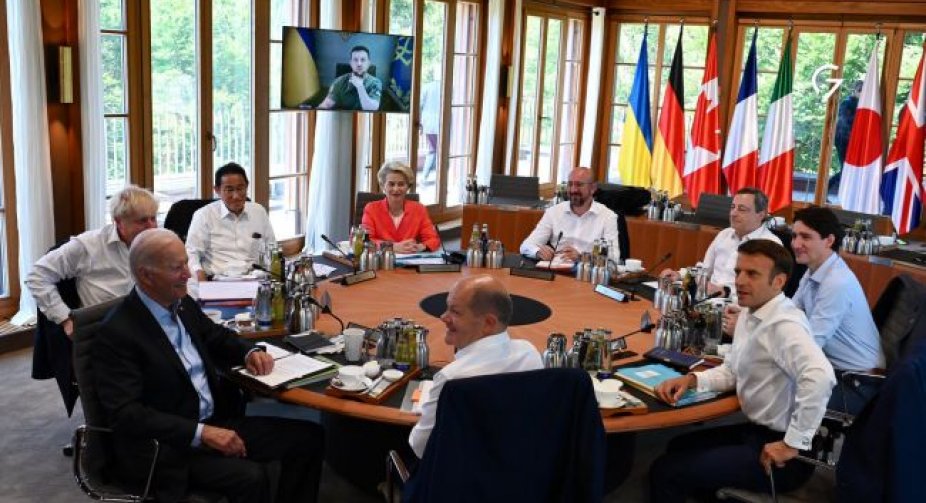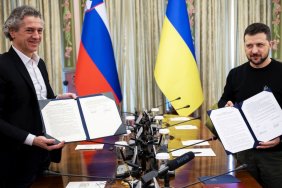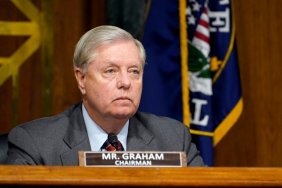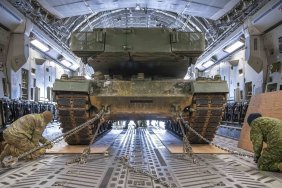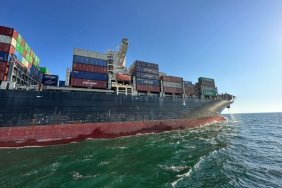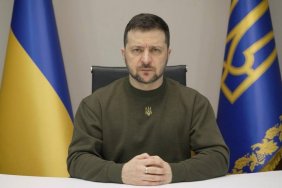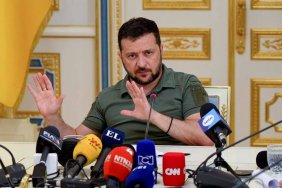Ukrainian President Volodymyr Zelensky, during the summit with the leaders of the G7 countries, proposed five specific steps that could be useful to Ukraine and all of Europe, and help reduce the enormous costs of all countries because of the Russian war. About this informs the press service of the Office of the President.
Among the first steps Zelensky called effective guarantees for Ukraine. The head of state stressed that these guarantees in the future will exclude the possibility of conflicts like Russian aggression.
The second step is a modern missile defense for Ukraine and the supply of sufficient weapons. Zelensky noted that our state needs modern and effective missile defense systems, which can provide peace to Ukrainian cities remote from the front. According to him, Russia is stepping up missile attacks on Ukraine, so it is very important to guarantee the civilian population basic security.
The third point is to restore agrarian exports from Ukraine. He called for thinking about effective mechanisms to ensure food security in the world.
The fourth point is the recognition of Russia as a state sponsor of terrorism, radical limitation of its oil revenues and confiscation of all frozen and seized Russian assets. Zelenski hopes that the US State Department will support the decision to recognize Russia as a state sponsor of terrorism.
The president also suggested creating an effective global mechanism for confiscating frozen or seized Russian assets, which should become one of the biggest tools for deterring other potential aggressors from attacking our neighbors.
The fifth issue is the post-war reconstruction of Ukraine, which will be the biggest economic project of our time. According to Vladimir Zelensky, this will be the largest economic project of our time, participation in which will greatly strengthen the G7 countries.
"This decision fully reflects our progress in European integration, our contribution to the protection of European values that we all talk about," said the head of state.
Also Volodymyr Zelensky stressed that now is not the time to negotiate with Russia because of a full-scale war. Ukraine will sit down at the negotiating table when it is in a position to do so, that is, when it restores its position of strength.
Ukrainian President Volodymyr Zelensky also said during an address to the G7 leaders, AFP reported.
Meanwhile, the G7 leaders at a summit in Germany approved new sanctions against Russia. The U.S. predicts that inflation in Russia will increase by more than 20%.
This was reported by the press service of the White House.
"The U.S. has brought together more than 30 allies and partners to impose huge costs on Russia. The U.S.-led coalition will continue to increase pressure on Russian President Vladimir Putin," the statement said.
The Biden administration noted that exports to Russia, including important technologies, have declined by 97 percent in recent months.
More than 500 Russian officials will fall under U.S. visa restrictions for violating Ukraine's sovereignty, territorial integrity and political independence.
In addition, sanctions are being prepared against private military companies and Russian military units, as well as self-proclaimed "officials" of the so-called administrations in the occupied settlements of Ukraine.
The U.S. is also going to restrict access to U.S. goods and technologies to companies that support the Russian Federation. Washington will also impose sanctions against legal entities and companies that help the Kremlin circumvent sanctions.
In addition, the U.S. Treasury Department will ban imports of Russian gold into the country. Other G7 countries may also impose this restriction.
The G7 will also restrict supply chains in Russia's defense sector. Sanctions are planned against businesses, research organizations and individuals associated with the military sector.
Washington will increase duties on more than 570 categories of Russian goods worth about $2.3 billion. G7 leaders will seek permission to use proceeds from the duties to help Ukraine and pay for its military expenditures at Russia's expense.
In addition, the G7 leaders said they would explore options to help Ukraine using frozen Russian assets.
